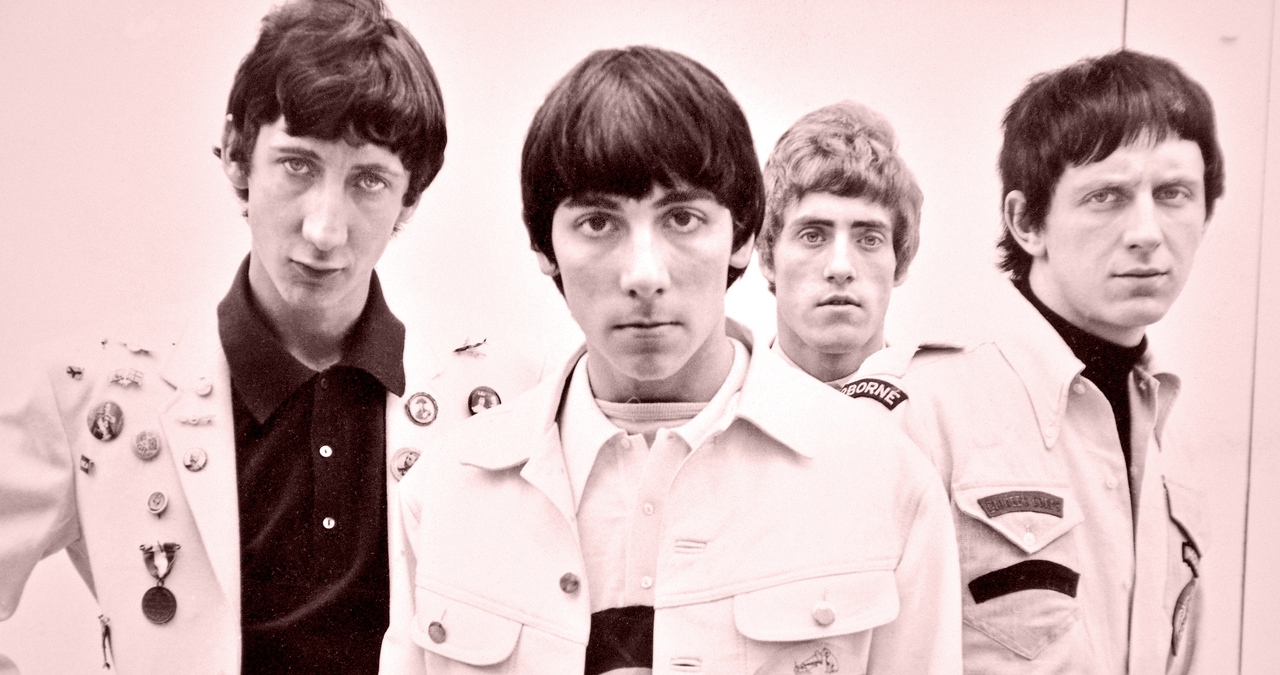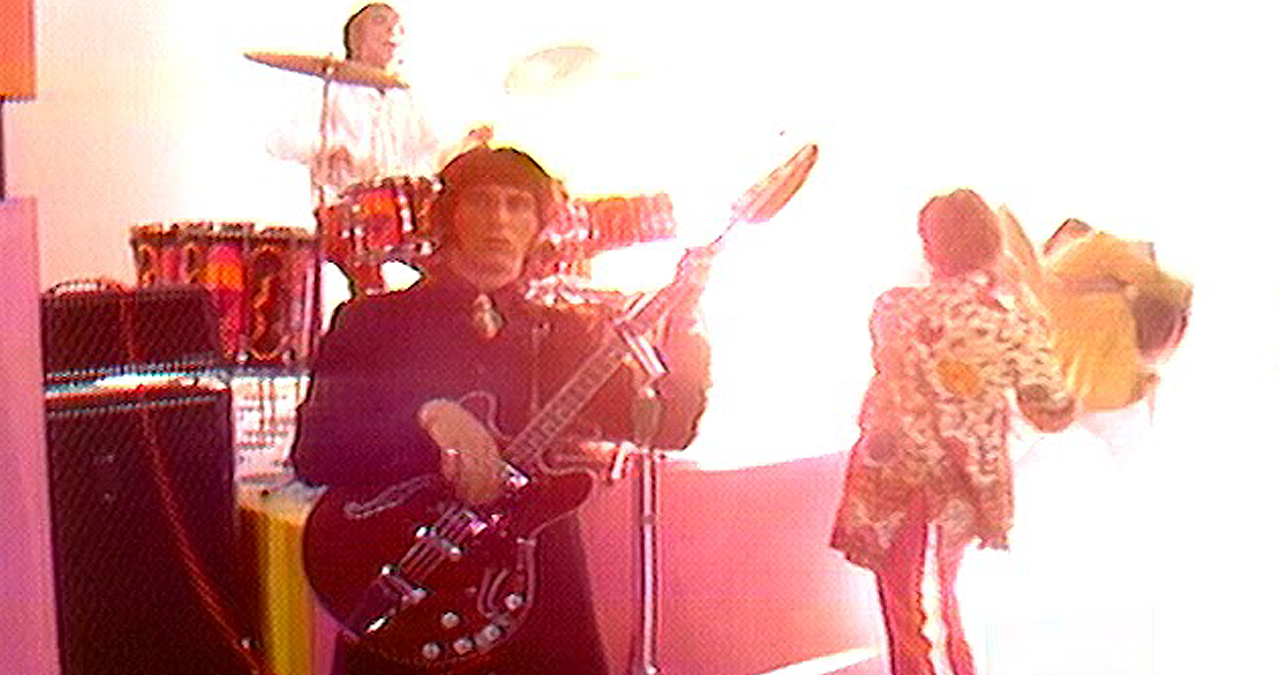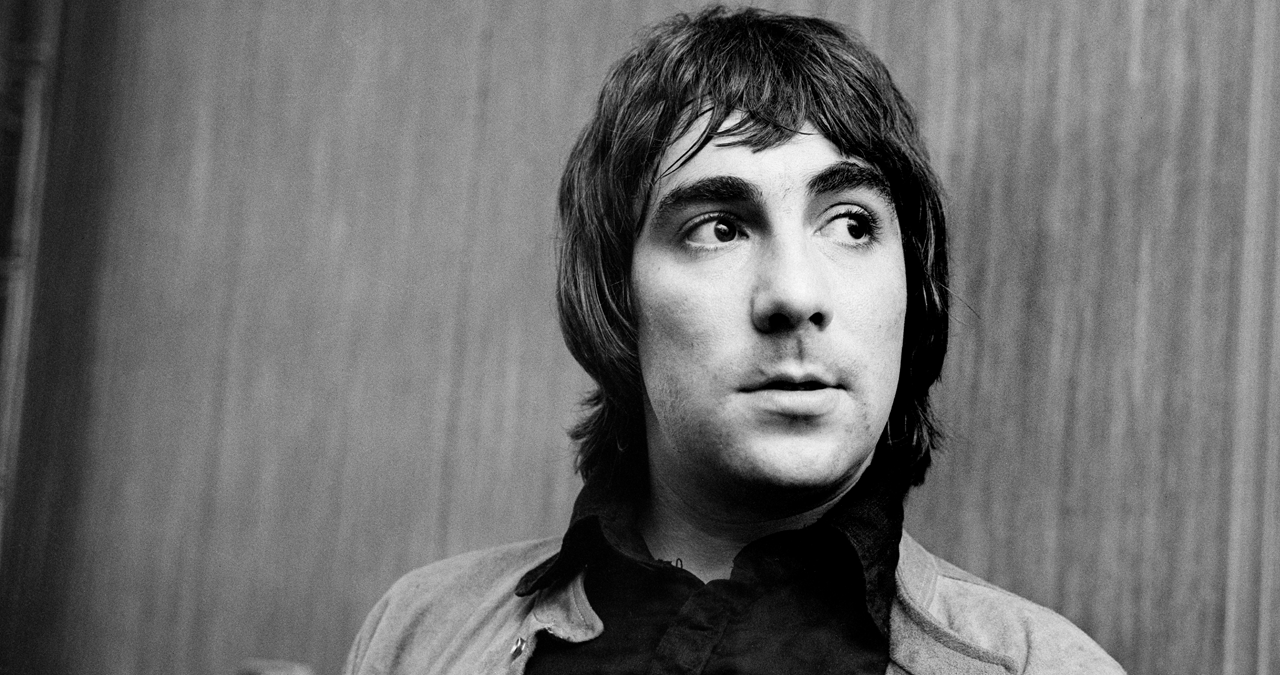“My hair caught fire, and my hearing was never the same again”: When Keith Moon overdid the pyrotechnics for the Who’s most explosive television moment
The blast left a lifelong mark on Pete Townshend’s hearing…

More than any other band of the 1960s, the Who established the hell-raising. destructive rock 'n' roll template that would soon become a default attitude for decades to come. From guitarist Pete Townshend regularly smashing his guitar on-stage, to the increasingly unhinged antics of hotel room destroyer-in-chief Keith Moon.
But the most fiery televised moment came during an appearance on The Smothers Brothers Comedy Hour on September 17th 1967.
An anarchic show by design, The Smothers Brothers Comedy Hour had only begun a few years prior, fronted by comedy and musical double act, Dick and Tommy Smothers. Its irreverent style had seen it become a favourite with teenagers, as its guests poked at the establishment. Particularly, at the Vietnam war (much to the chagrin of CBS).
But its smartly-dressed, astute hosts, Dick and Tommy were able to placate their parent network and kept this counter-cultural touchpoint on air through turbulent times.
Meanwhile, the Who had already made the transition from sharp-suited mods to unpredictable, proto-punks, and were booked to perform two songs on the CBS show in Los Angeles.
Firstly there was new single, I Can See For Miles (the first taste of their brilliantly cynical third album The Who Sell Out). Then, the band were tasked with closing out the show with a rendition of 1965 youth clarion call, My Generation.

For the ever mischievous Keith Moon, the appearance was a perfect opportunity to go big on what was becoming his trademark closing spectacle - blowing up his drum kit.
Moon had already started making a habit of placing an explosive charge in one of his two bass drums at the climax the Who's live shows (his own spin on Townshend’s ritual guitar smashing). But keen to capitalise on this rare US television platform, Moon wanted to make an even bigger bang…
Want all the hottest music and gear news, reviews, deals, features and more, direct to your inbox? Sign up here.
According to film director Jeff Stein, who directed the superb documentary The Kids Are Alright, Moon sought nothing less than the explosion to end all explosions. “It was 10 times the legal amount of gunpowder you’re allowed to use on a sound-stage. Keith bribed a stage-hand, and I think he got him loaded on some booze."
Other accounts of how much explosive Keith managed to pack into his second bass drum vary from double Moon’s usual amount, to manually stacking a flash powder canon with charge when nobody was looking.
Whatever the quantity really was, it was enough to make one hell of a spectacle.
With his second bass drum packed with charge, a giddy Moon mimed through I Can See for Miles before the television audience.
After the band tore through My Generation, the typical end-of-song ceremony of carnage began.
As Townshend savaged his instrument, launching it at his amps (and causing a minor explosion of his own), a furtive Moon, standing over his kit, readied himself to unleash hellfire.
As the Who’s carnival of chaos was nearing its conclusion - BOOM. Moon’s bass drum detonated
White smoke was emitted immediately, which engulfed Townshend and Roger Daltrey.
Townshend - whose head had been less than a meter from the exploding bass drum - found that his hair caught fire, but thankfully, he was able to pat it out before it could burn his skin.
Watching the footage back now, it’s astonishing that Pete emerged unscathed.
But while he was physically undamaged, Moon's detonation had forever damaged Pete's hearing; “My hair caught fire, and my hearing was never the same again,” Townshend was quoted as saying. He later cited this particular moment as the beginning of lifelong hearing trouble and tinnitus.
Meanwhile, Roger Daltrey was nowhere to be seen. “It blew me flat on my face,” Daltrey later told Ultimate Classic Rock. “If you notice, I just go completely out of the shot. I was completely blown off my feet.”

The mayhem that night even backfired on its architect. Exploding cymbal shrapnel fired back and lodged itself into Keith Moon’s arm, causing him to scurry off backstage briefly.
Perhaps the most impressive reaction came from the Who's ever-cool bassist John Entwistle. Barely flinching from the explosion, the elegantly suited Entwistle casually glanced back with an almost Bond-like detachment.
The show’s other guests, Bette Davis and Mickey Rooney were terrified at what must have seemed like cataclysmic mistake. But, unfounded rumours that Davis fainted in shock have been put down to an exaggerating Moon recounting the tale years later.
Ears still ringing (they’d never stop, in some cases), the group composed themselves and staggered over to join flummoxed presenter Tommy Smothers for the commercial break sign-off.
Smothers was equal parts bewildered and stunned by what had happened, This shock was soon accentuated when a (literally) fired-up Townshend, in fight-or-flight mode, grabbed Smothers guitar out of his hand and violently smashed that into the stage.
Townshend was left with permanent hearing damage from the explosion (accentuated, of course, by decades of playing in front of Marshall stacks without ear protection).
But, despite the drama, Moon's plan worked. His kick-drum-kaboom was absolute gold for the Who’s stature in the US. They’d suddenly caught the attention of an invigorated youth. "All of a sudden, every youth in America wanted to see the Who," remembered Daltrey.
“Keith Moon would have set himself on fire for a good punchline,” Pete later told Ultimate Classic Rock. “I was wrong. He set me on fire for a good punchline.”

I'm Andy, the Music-Making Ed here at MusicRadar. My work explores both the inner-workings of how music is made, and frequently digs into the history and development of popular music.
Previously the editor of Computer Music, my career has included editing MusicTech magazine and website and writing about music-making and listening for titles such as NME, Classic Pop, Audio Media International, Guitar.com and Uncut.
When I'm not writing about music, I'm making it. I release tracks under the name ALP.
You must confirm your public display name before commenting
Please logout and then login again, you will then be prompted to enter your display name.
